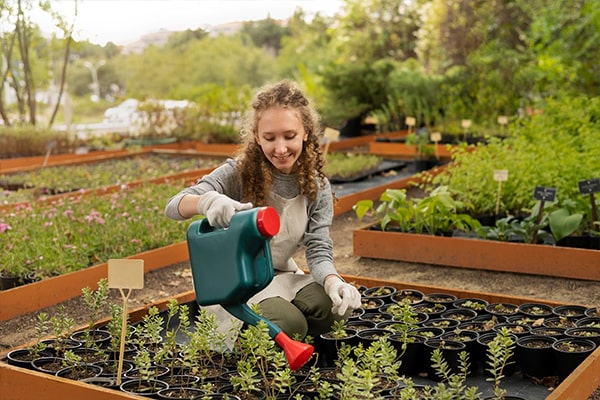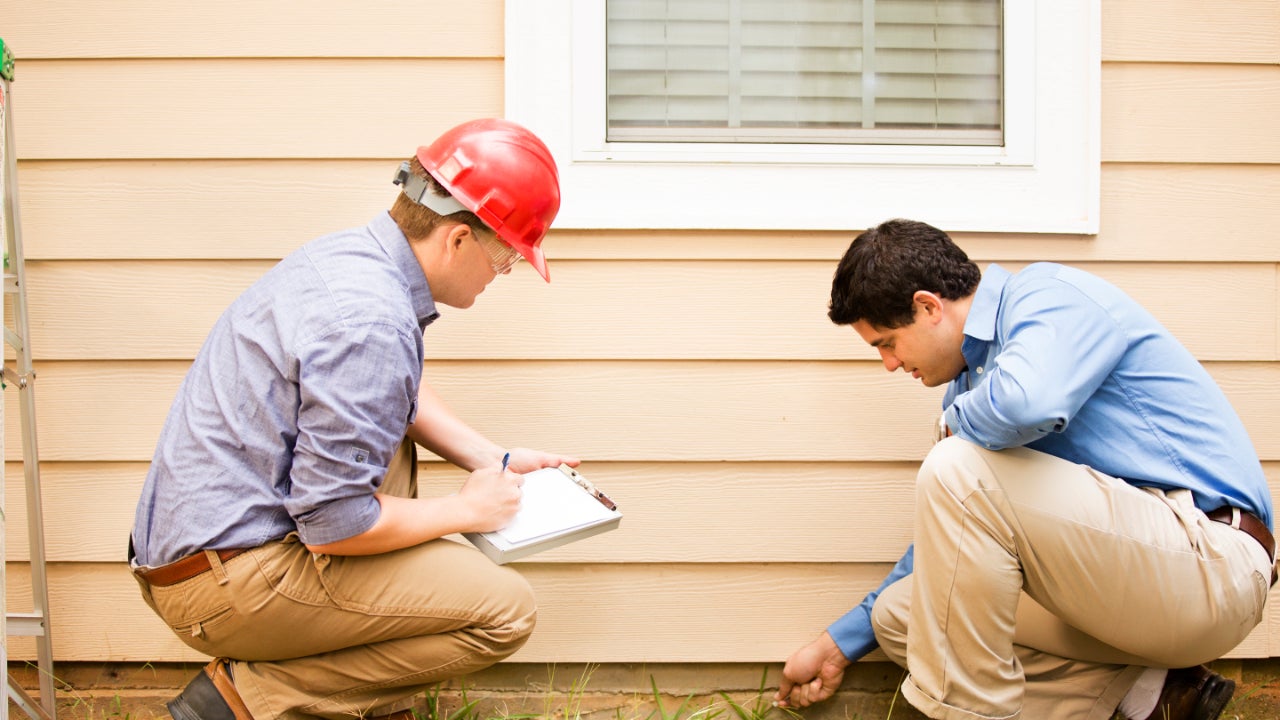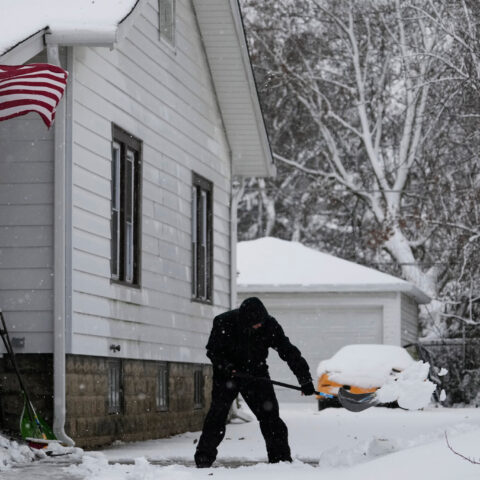Urban gardening has surged in popularity as city dwellers seek to bring a touch of nature into their concrete jungles. Whether you have a small balcony, a rooftop garden, or a community plot, having the right tools can make all the difference in cultivating a thriving urban garden. Here, we’ll explore essential DIY garden tools that every urban gardener should consider, along with tips on how to use them effectively.
Hand Trowel
A hand trowel is a must-have for any gardener. This versatile tool is perfect for planting seedlings, transferring plants to pots, and even weeding. Look for a trowel with a comfortable grip and a durable blade that can handle various types of soil.
Tips for Use:
- Use the trowel to create holes for planting.
- It’s great for digging out weeds without disturbing nearby plants.
- Choose a trowel with a pointed tip for easier soil penetration.
Pruning Shears
Pruning shears, also known as secateurs, are essential for maintaining the health and appearance of your plants. They are used to trim and shape plants, remove dead or damaged foliage, and encourage new growth.
Tips for Use:
- Keep the blades sharp to make clean cuts and avoid damaging plants.
- Use bypass pruners for live plants and anvil pruners for dead wood.
- Clean the shears after each use to prevent the spread of diseases.
Watering Can
A good watering can is indispensable, especially for urban gardeners who may not have access to a hose. Choose one with a narrow spout for precise watering and consider the capacity that suits your garden size.
Tips for Use:
- Water plants early in the morning or late in the afternoon to minimize evaporation.
- Use a watering can with a rose attachment for a gentle shower effect.
- Ensure the watering can is light enough to carry when full.
Garden Gloves
Protecting your hands is crucial when working in the garden. Garden gloves shield your hands from thorns, chemicals, and dirt. They also provide a better grip on tools and plants.
Tips for Use:
- Choose gloves that fit well and are made of breathable material.
- Look for gloves with reinforced fingertips for added durability.
- Wash gloves regularly to keep them clean and free of pests.
Hand Fork
A hand fork is useful for breaking up soil, aerating, and mixing in compost or fertilizer. It’s particularly handy for working in small garden beds or containers.
Tips for Use:
- Use the hand fork to loosen soil before planting.
- It’s great for removing weeds with deep roots.
- Choose a hand fork with sturdy, sharp tines for better performance.
Garden Hoe
A garden hoe is essential for preparing garden beds and keeping them weed-free. There are various types of hoes, but a basic draw hoe or a stirrup hoe is ideal for most urban gardening tasks.
Tips for Use:
- Use the hoe to clear weeds and create furrows for planting seeds.
- It’s useful for breaking up hard soil surfaces.
- Regularly sharpen the hoe blade to maintain its efficiency.
Soil Tester
Understanding your soil’s pH and nutrient levels is key to successful gardening. A soil tester can help you determine what amendments are needed to optimize plant health.
Tips for Use:
- Test the soil before planting to make necessary adjustments.
- Follow the tester’s instructions carefully for accurate readings.
- Amend the soil based on test results to provide the best environment for your plants.
Plant Labels
Keeping track of what you’ve planted where can be challenging, especially in a small urban garden. Plant labels help you identify plants, track growth, and remember planting dates.
Tips for Use:
- Use durable, weather-resistant labels.
- Write clearly with a permanent marker.
- Include the plant name, variety, and planting date on each label.
Garden Kneeler
Gardening can be hard on your knees and back, especially in tight urban spaces. A garden kneeler provides cushioning and support, making it easier to work for extended periods.
Tips for Use:
- Choose a kneeler with a sturdy frame that doubles as a seat.
- Look for models with storage pockets for tools.
- Keep it clean and dry to prolong its lifespan.
Compost Bin
Even in urban environments, composting is a great way to recycle kitchen and garden waste into nutrient-rich soil. A compact compost bin can fit in small spaces and provide a steady supply of compost for your garden.
Tips for Use:
- Place the bin in a sunny spot to speed up the composting process.
- Regularly turn the compost to aerate it and speed up decomposition.
- Balance green (nitrogen-rich) and brown (carbon-rich) materials for optimal composting.
Spray Bottle
A spray bottle is handy for misting delicate plants and applying foliar feeds or insecticidal soap. It’s also useful for propagating plants from cuttings.
Tips for Use:
- Use a fine mist setting for gentle watering.
- Clean the bottle regularly to prevent the buildup of residues.
- Label the bottle if using for different solutions to avoid cross-contamination.
Tool Organizer
Keeping your tools organized and easily accessible can save you time and frustration. A tool organizer, such as a tote or caddy, helps you carry and store your tools efficiently.
Tips for Use:
- Choose an organizer with multiple compartments.
- Keep it lightweight and easy to carry.
- Clean and dry tools before storing them to prevent rust.
Self-Watering Planters
Urban gardeners often have limited time and space. Self-watering planters can help by providing a consistent water supply to their plants and reducing the frequency of watering.
Tips for Use:
- Fill the reservoir as needed to maintain soil moisture.
- Use a soil mix designed for self-watering containers.
- Check for clogs in the wicking system regularly.
Garden Cart
A garden cart can help transport soil, compost, plants, and other materials for larger urban gardens. It’s especially useful for rooftop or community gardens.
Tips for Use:
- Choose a cart with sturdy wheels that can handle different terrains.
- Look for foldable models for easy storage.
- Keep the cart balanced to prevent tipping over.
Conclusion
Urban gardening is a rewarding hobby that can transform small spaces into lush, green havens. By equipping yourself with these essential DIY garden tools, you can tackle various gardening tasks efficiently and effectively. Remember to invest in quality tools that fit your needs and maintain them regularly to ensure they last. Happy gardening!
Keep an eye for more news & updates on TribuneBreaking.Com!







